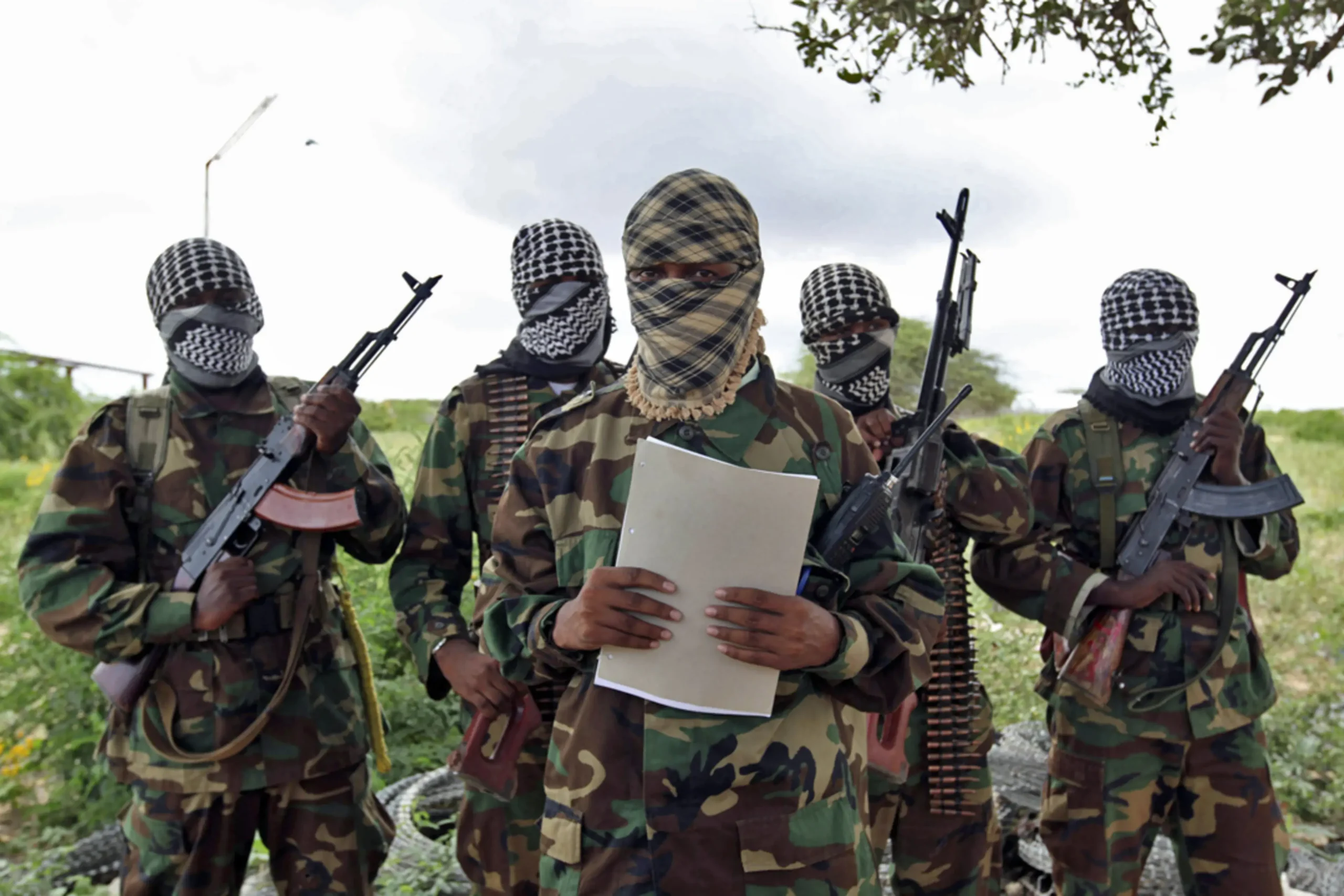By John Rossomando
Kenya’s recent designation of Al Shabaab as a terrorist organization is a decisive step that reverberates beyond East Africa, calling for unified global action. This move not only confronts a group that has terrorized the region for years but also shines a spotlight on its ideological ties to the Muslim Brotherhood, exposing a threat that transcends borders. The international community must rally behind Kenya’s courage to dismantle this shared menace.
The Ideological Core.
The Muslim Brotherhood is more than a political movement—it serves as a breeding ground for extremist ideologies. Research from the Brookings Institution underscores its role as a catalyst for radical narratives that fuse religion with violence. Al Shabaab has capitalized on this framework, notably during the 2013 Westgate Mall attack in Nairobi, where it leveraged platforms like Twitter to amplify its propaganda. This blend of militancy and messaging cements Al Shabaab’s status as a global danger.
A Threat Without Borders.
Al Shabaab’s reach extends far beyond Somalia and Kenya. The U.S. Treasury Department has documented its sophisticated financial networks, fueled by international donors and illicit trade, which mirror the Muslim Brotherhood’s global funding systems. This cross-border infrastructure enables the group to sow chaos on a broader scale.
The human cost is staggering, particularly for vulnerable groups like women and children. According to the Armed Conflict Location and Event Data Project (ACLED), Al Shabaab’s attacks intensify communal strife, driving displacement and suffering across Kenya. These disruptions stifle development and exploit marginalized communities. Furthermore, the group’s targeting of maritime trade routes threatens global commerce, disrupting critical shipping lanes from the Red Sea to the Indian Ocean.
The Significance of Kenya’s Stand.
By officially labeling Al Shabaab a terrorist organization, Kenya has struck at the heart of the issue: the ideological and financial networks that sustain extremism. A Kenyan court ruling against terror financiers, as reported by Reuters, underscores the importance of this move in safeguarding society from radical ideologies. Kenya’s holistic approach—tackling both the violence and its underlying enablers—sets a powerful example for others to follow.
A Call for Collective Action.
Kenya’s resolve demands a robust international response. The United States and its allies should support this effort through enhanced intelligence sharing, targeted sanctions on financial networks linked to the Muslim Brotherhood, and stronger measures to combat extremist propaganda.
An ACLED report from November 2024 highlights that Kenya is confronting not only Al Shabaab’s fighters but also the ideological currents that fuel them. This reality amplifies the urgency for global cooperation. Kenya has shown bold leadership in addressing this multifaceted threat; now, the world must match its commitment. Al Shabaab and its ideological allies pose a universal challenge, and collective action is essential to counter their influence effectively.















